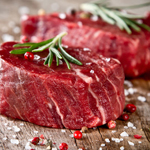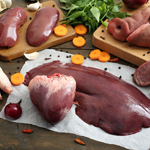
The chicken is one of the world’s most ubiquitous birds. Whether you’re in the small jungle villages of northern Thailand, the harsh, unforgiving outback of central Australia or the lush green countryside of Ireland, you’re likely to find domesticated chickens clucking away. Indeed, the global population of chickens now exceeds 20 billion – and that number continues to rise yearly. The overwhelming majority of these chickens are, of course, kept for their eggs and meat….









